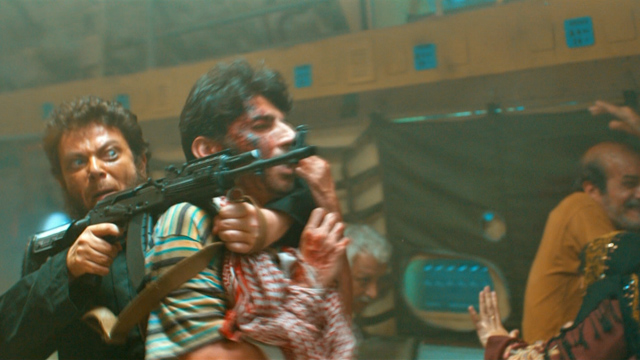Live
فارسی
عربي
ورود از طریق شبکه های اجتماعی
- استفاده مختص کاربران دارای هویت واقعی محرز شده نزد این پایگاه میباشد.
- این سایت در ستاد ساماندهی و بخش جرائم رایانهای دادگستری به ثبت رسیده است.
- گزارش تخلفات احتمالی این سامانه توسط کاربران الزامی می باشد
- کاربران باید طبق قوانین این سامانه که برگرفته از قوانین جرائم رایانه ای می باشد فعالیت کنند
- نام کاربری شما تکراری می باشد

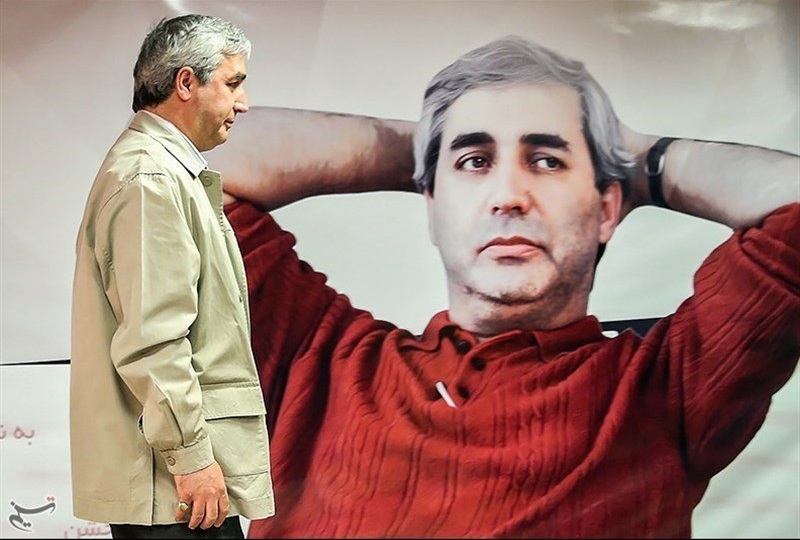 One of Hatamikia's prominent themes is the trauma caused by the war, both for returning soldiers and those who anxiously await their loved ones' fates. He is recognized as one of the filmmakers of the new generation of Iranian cinema following the Islamic Revolution.
One of Hatamikia's prominent themes is the trauma caused by the war, both for returning soldiers and those who anxiously await their loved ones' fates. He is recognized as one of the filmmakers of the new generation of Iranian cinema following the Islamic Revolution.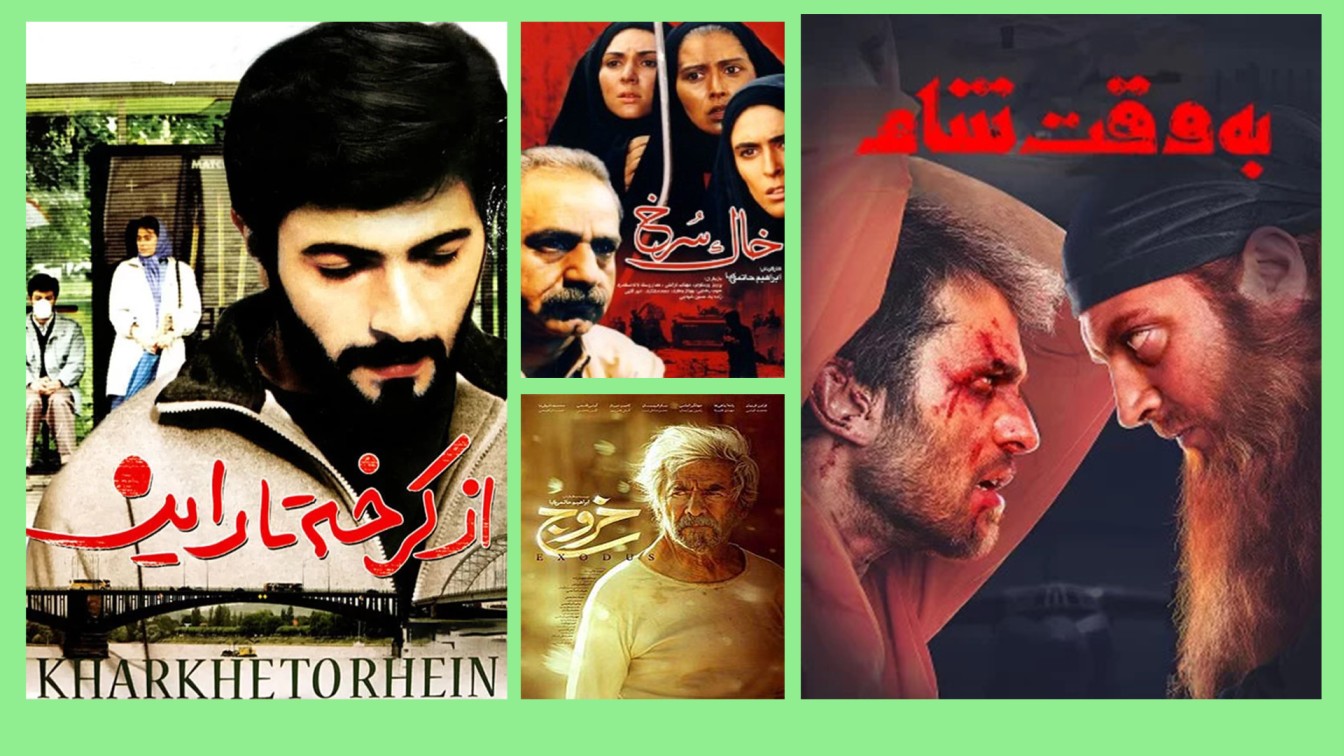
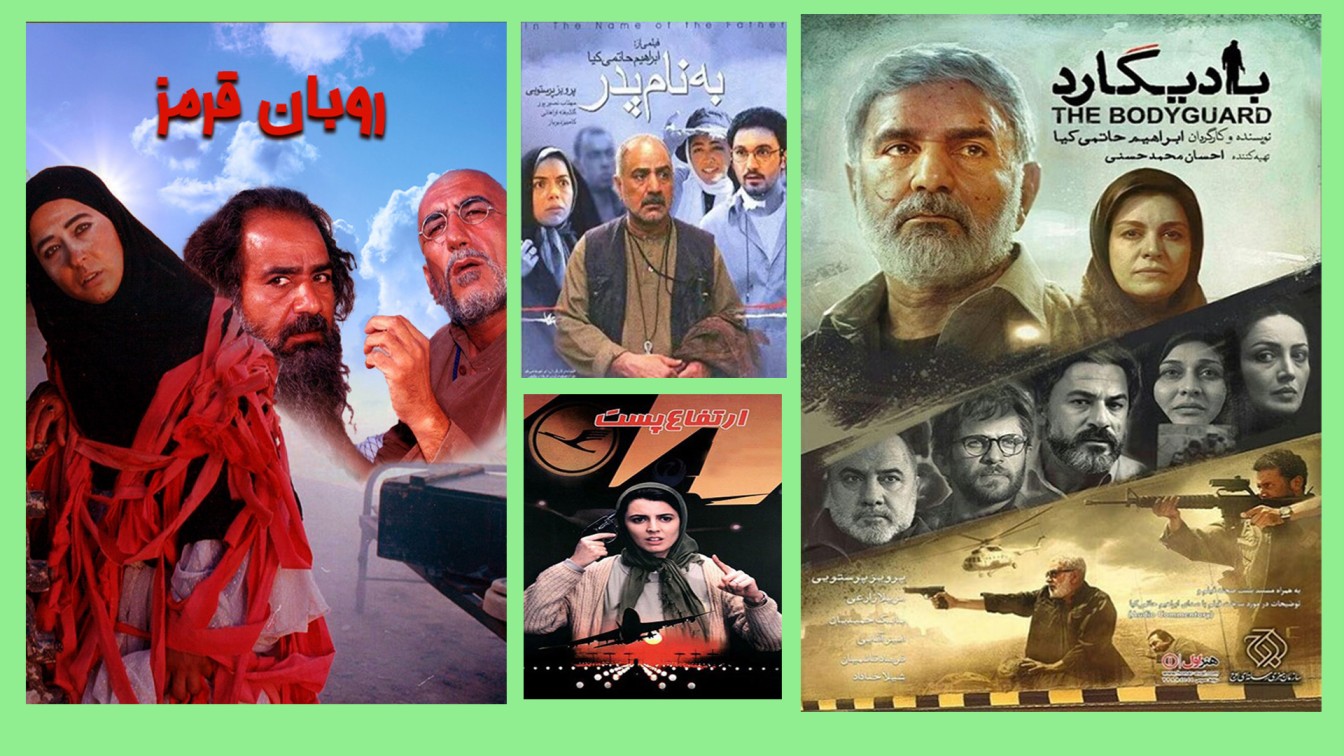 Hatamikia’s early works, such as ‘The Scout’ (1989) and ‘The Immigrant’ (1990), delve into the psychological and sociological impacts of the war on the home front.
Hatamikia’s early works, such as ‘The Scout’ (1989) and ‘The Immigrant’ (1990), delve into the psychological and sociological impacts of the war on the home front.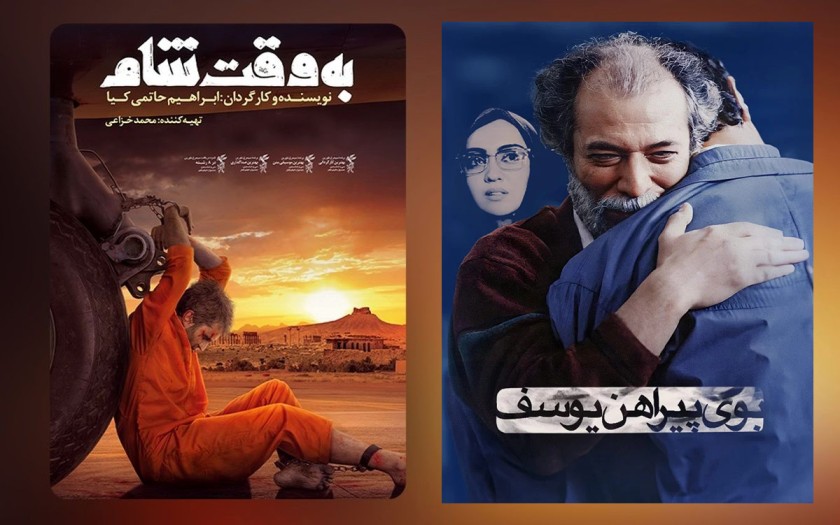
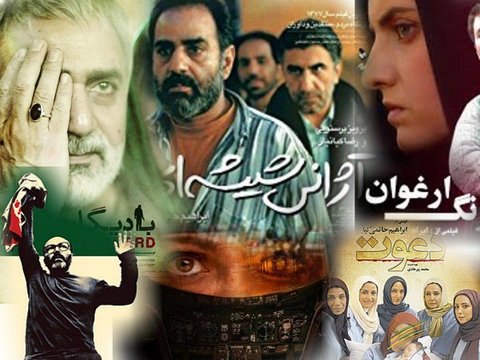 Hatamikia's television series, ‘The Red Soil’ (2002–2003), touches on the complexities of national identity and borderlines during the Iraqi occupation, highlighting the experiences of Iranian and Iraqi Arabs in the in-between spaces.
Hatamikia's television series, ‘The Red Soil’ (2002–2003), touches on the complexities of national identity and borderlines during the Iraqi occupation, highlighting the experiences of Iranian and Iraqi Arabs in the in-between spaces.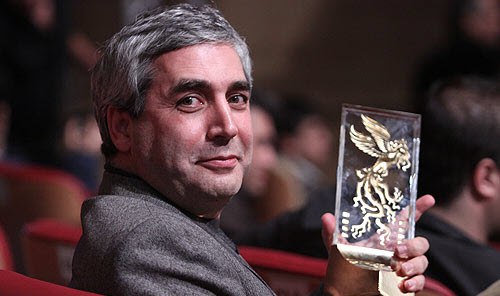 As we reflect on his remarkable career and the meaningful narratives he has crafted, we look forward to many more years of his creative brilliance. May he continue to inspire us with his storytelling, shedding light on the human condition, and contributing to the rich tapestry of Iranian cinema.
As we reflect on his remarkable career and the meaningful narratives he has crafted, we look forward to many more years of his creative brilliance. May he continue to inspire us with his storytelling, shedding light on the human condition, and contributing to the rich tapestry of Iranian cinema. 